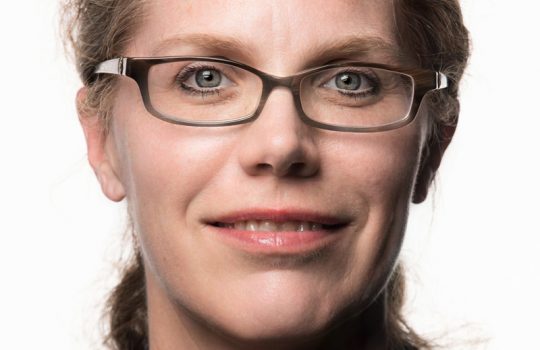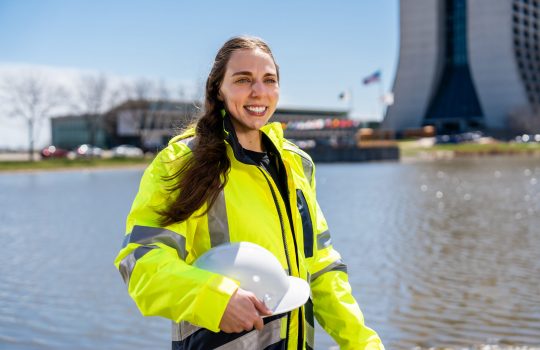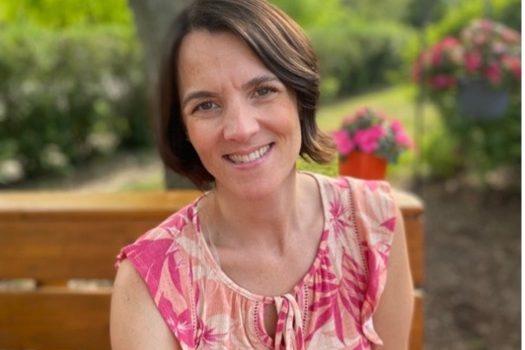This month, Emanuela Barzi, a Fermilab senior scientist and Ohio State University adjunct professor and graduate faculty, was elected as a member of two committees of the American Physical Society: the Council Steering Committee and the Committee on Committees. She will begin her two- and three-year terms, respectively, on Jan. 1, 2020.
The APS Council Steering Committee plans and organizes activities of the APS Council. The APS Committee on Committees is responsible for oversight of all APS Council committees, including joint committees of the council and board.
Currently in her second year of her four-year term as a councilor of the APS Forum on International Physics, Barzi is also a fellow of the American Physical Society and a senior member of the Institute for Electric and Electronic Engineers. She is a member of the Muon g-2 collaboration and the Fermilab coordinator of NEWS (NEw WindowS on the universe and technological advancements from trilateral EU-US-Japan collaboration) and INTENSE, two Marie Sklodowska-Curie international research-exchange programs.
The superconducting R&D lab that she founded at Fermilab and led for many years has become a world-leading facility for testing low- and high-temperature superconductor technologies for next-generation particle accelerators. Barzi is a member of the team that this year produced a world-record field of 14.1 teslas for a niobium-tin accelerator steering magnet.
Barzi is actively engaged in Fermilab’s efforts to provide internship opportunities for students. She established and ran a Laurea Program for master’s students from Italy. And under her leadership, the Italian Student Program expanded to include not only physics but also engineering graduate students, benefiting hundreds of young professionals. She has also mentored more than 30 students in her lab as part of their internship, master’s degree and Ph.D. programs.
Fermilab is a DOE national laboratory supported by the Office of Science.




